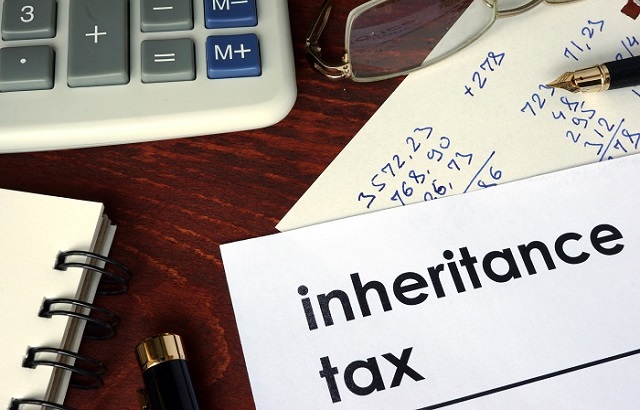The inheritance tax (IHT) has come under fire a lot over the last decade – especially calls from opposition parties saying thresholds should be lowered.
But this time, according to a Daily Telegraph report, some 50 Conservative MPs have demanded that UK prime minister Rishi Sunak should scrap inheritance tax (IHT), which they describe as “morally wrong.”
Receipts from IHT have been reaching eye-watering levels. HM Revenue & Customs (HMRC) recently released data which found that IHT receipts in April 2023 had hit £600m, up by £100m compared to the previous year.
This closely follows its announcement that the IHT haul for 2022/23 had rocketed by £1bn in the last year to £7.1bn ($8.9bn, €8bn).
A combination of house price increases, soaring inflation and frozen thresholds have resulted in more and more families finding themselves above the IHT threshold and being hit by unexpected bills − despite not considering themselves wealthy enough to be attracting an IHT liability.
So, should the prime minister abolish inheritance tax? International Adviser spoke with Evelyn Partners, Rowley Turton and Mearns & Co for their views on whether it should be done away with, as well as their thoughts on the impact of IHT and how to deal with it.
‘Problematic’
Ian Dyall, head of estate planning at wealth manager Evelyn Partners, says “As the £325,000 IHT threshold (the nil-rate band) has been frozen since April 2009, many more estates – in most cases of modest size in real terms − are being drawn into liability.
“Beneficiaries not usually considered well-off are facing tax bills, and this can be especially problematic if a property comprises the majority of the estate, leaving few liquid assets to foot the bill.”
It also creates other challenges, as Dyall observes: “The increasing tax burden from frozen and reduced-income-tax thresholds – as well as the shrinking capital-gains-tax allowance – will make many households feel squeezed in the coming years, particularly against the background of a cost-of-living crisis.
“As income tax is very difficult to seek protection against, families will naturally try to make sure that they reduce or minimise tax liabilities in other respects.”
‘Lesser-known tactics’
Dyall added: “And one of these will be the transfer of wealth. Those who feel they have paid enough tax on their earnings or assets will naturally try to take advantage of any allowances and strategies available which mean that when they die their beneficiaries will not be landed with unnecessary tax bills.
“As well as reducing IHT liability through gifting during lifetime, drafting wills in a way that maximises exemptions, making use of trusts and investing in assets benefiting from business relief,”
Evelyn Partners’ Dyall also said there are “a handful of lesser-known tactics that can be equally effective”, including making use of downsizing relief, gifts out of surplus income and defined contribution pension pots, given that these are not subject to IHT.
‘Difficult to scrap’
Scott Gallacher, director and chartered financial planner at Rowley Turton, said: “Our clients would be delighted if IHT were scrapped; it is perceived as a ‘tax on tax’.
“However, politically it is difficult to scrap, given the cost-of-living crisis; it would be a cut of the wrong tax at the wrong time, although I can see why the Tories want to get rid of it – it plays to their core support.”
Thinking about it well in advance is key for those who could be hit by an IHT bill.
Gallacher added: “Problems can arise where people haven’t done the planning.”
‘Sting in the tail’
Malcolm Steel, client strategy director at Mearns & Co, takes a similar view on the political optics and the thoughts of those impacted by the tax.
He said: “It will be a popular move for the Tory demographic. I see it as electioneering posturing, but it is also a tax charge that is universally disliked. People are against being taxed twice.
“But how can the government abolish a tax that has brought in £7bn in the last year, just after abolishing the lifetime allowance as well? This would deprive the Treasury of income.
“How is it going to be paid for? It has to mean higher taxes elsewhere, to fill the gap. That is the sting in the tail. Simplifying the system and increasing thresholds would be a better move.”
Steel also points to the importance of planning, for those who do anticipate an IHT bill.
“With correct planning you can minimise it and mitigate against it more so than you can with other taxes,” he said.








